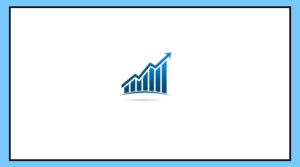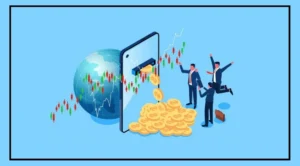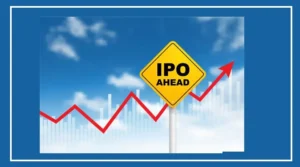New Delhi: In the Union Budget 2025-26, the government announced that under the new tax regime, income up to ₹12.75 lakh will be tax-free, after including the standard deduction of ₹75,000.
However, it’s important for taxpayers to know that capital gains taxed at special rates — like short-term and long-term capital gains — do not qualify for this full tax waiver.
The Finance Act, 2025 has clarified that the Section 87A rebate cannot be applied to income that is taxed at special rates.
This means a taxpayer cannot use the rebate to reduce tax on income such as short-term capital gains under Section 111A or long-term capital gains under Section 112A.
Experts have pointed out that this change — removing the Section 87A rebate benefit on special-rate incomes — was made through a new amendment in Budget 2025 and is meant to apply from FY 2025-26 (AY 2026-27).
But the issue is that, in practice, the rebate is already not being applied for FY 2024-25 (AY 2025-26).
For those unfamiliar:
Under the new tax regime, if your total income is up to ₹7 lakh, you can claim the Section 87A rebate for AY 2025-26 (the current year).
Under the old tax regime, the rebate applies to incomes up to ₹5 lakh.
This total income is calculated after subtracting exempt income and applying allowed deductions, including the standard deduction for salaried and pensioned individuals.
In theory, applying the Section 87A rebate should bring the net tax payable to zero for incomes up to ₹7 lakh under the new regime.
However, the current Income Tax Return (ITR) utility does not allow the rebate for tax on special-rate capital gains in FY 2024-25, which means some taxpayers are still ending up with a tax bill.
As a result, even if a person’s total income is under ₹7 lakh, they may still owe taxes if a large part of their income comes from special-rate capital gains.
Analysts are now waiting for the Income Tax Department to issue a clarification on whether this change will apply retroactively to FY 2024-25.






















